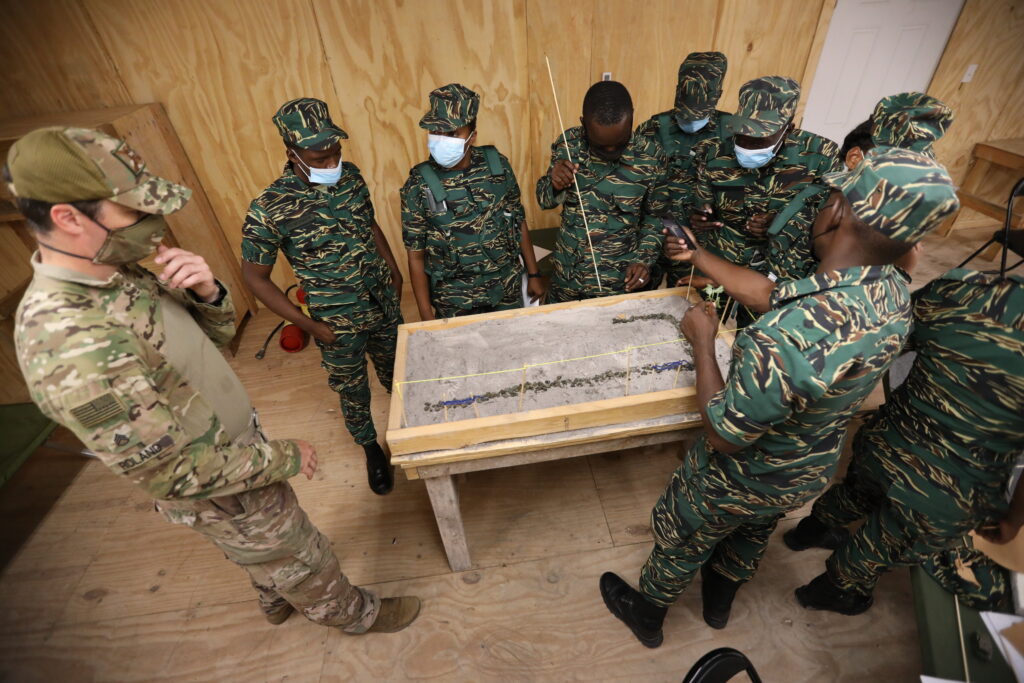In today’s interconnected world, strategic alliances and defense cooperation play a crucial role in ensuring national security. By forming partnerships with other countries, nations can effectively tackle security threats such as terrorism and cyber attacks. Defense cooperation has become essential in addressing shared challenges in a globalized world, where security threats are interconnected and transnational. Successful examples of defense cooperation, like NATO, demonstrate the benefits of working together to promote stability and peace. While challenges exist, overcoming them can lead to greater security outcomes. In conclusion, prioritizing cooperation and collaboration is key to safeguarding national interests in an ever-changing security landscape.
Strategic Alliances and Defense Cooperation: Strengthening National Security in a Globalized World
Introduction
In today’s interconnected world, no country can afford to ignore the importance of strategic alliances and defense cooperation in ensuring national security. With threats like terrorism, cyber attacks, and geopolitical tensions becoming increasingly complex and unpredictable, countries need to work together to address common challenges and protect their citizens.
The Benefits of Strategic Alliances
By forming strategic alliances with other countries, nations can pool their resources and expertise to tackle security threats more effectively. This can include sharing intelligence, conducting joint military exercises, and coordinating responses to emergencies. With limited budgets and finite resources, strategic alliances enable countries to achieve greater security outcomes than they could on their own.
Defense Cooperation in a Globalized World
Globalization has transformed the nature of security threats, making them more interconnected and transnational in nature. In this context, defense cooperation between countries has become essential to address shared challenges. By working together, countries can enhance their ability to detect and disrupt terrorist networks, defend against cyber attacks, and respond to humanitarian crises.
Examples of Successful Defense Cooperation
One notable example of successful defense cooperation is the North Atlantic Treaty Organization (NATO), which has played a crucial role in maintaining peace and security in Europe since its founding in 1949. NATO member countries work together to deter aggression, provide mutual assistance in times of crisis, and promote stability in the region.
Challenges and Opportunities
While strategic alliances and defense cooperation offer numerous benefits, they also present challenges that must be addressed. These may include differing national interests, bureaucratic hurdles, and political constraints. However, by overcoming these obstacles, countries can harness the full potential of cooperation and achieve greater security outcomes.
Conclusion
In an increasingly globalized world, strategic alliances and defense cooperation are critical tools for strengthening national security. By working together, countries can enhance their ability to address complex security threats, protect their citizens, and promote peace and stability. It is imperative that nations prioritize cooperation and collaboration to safeguard their interests in an ever-changing security environment.
